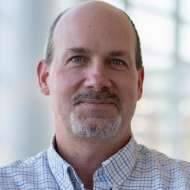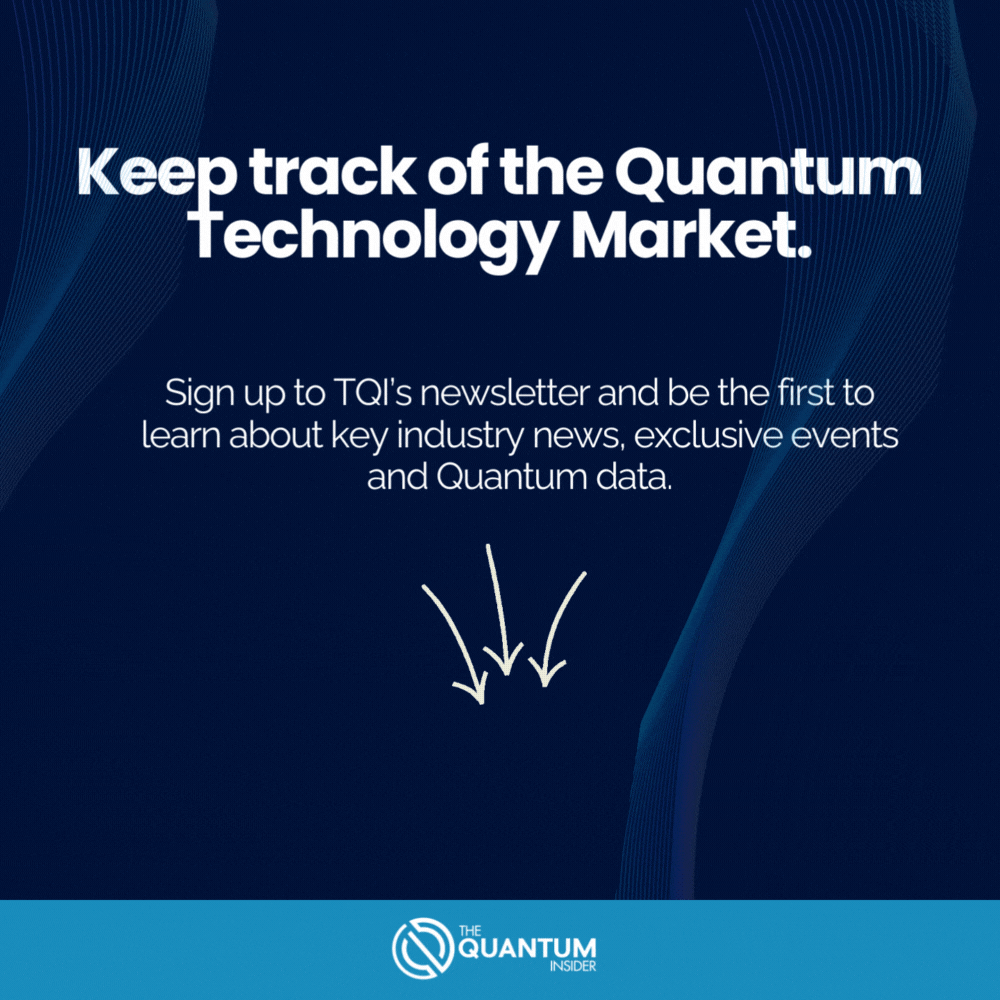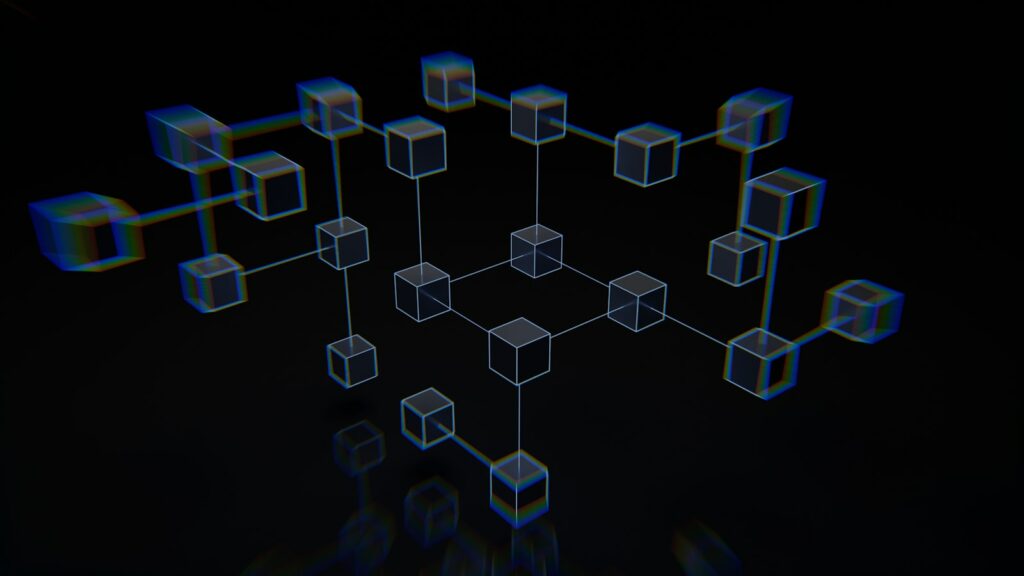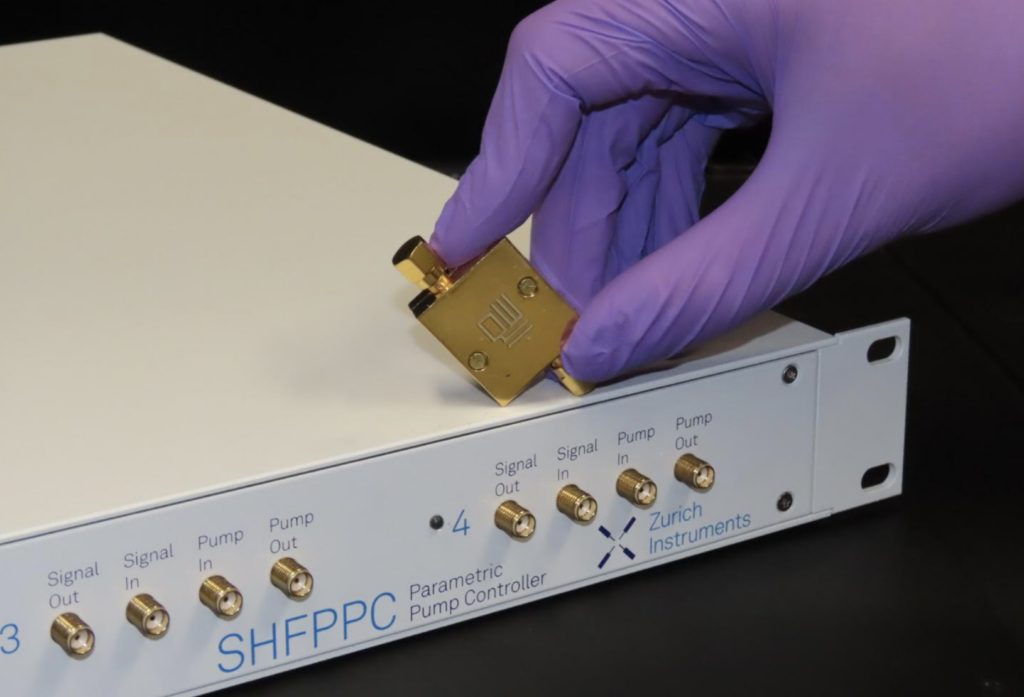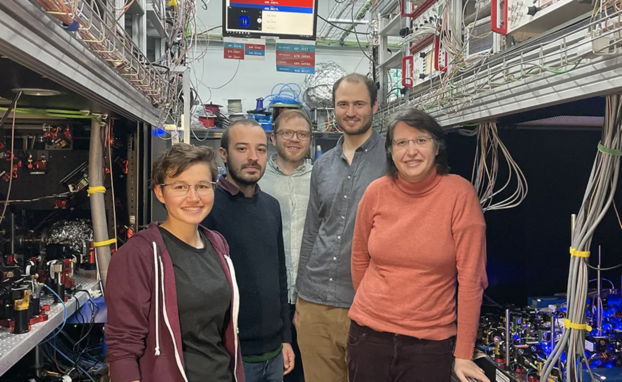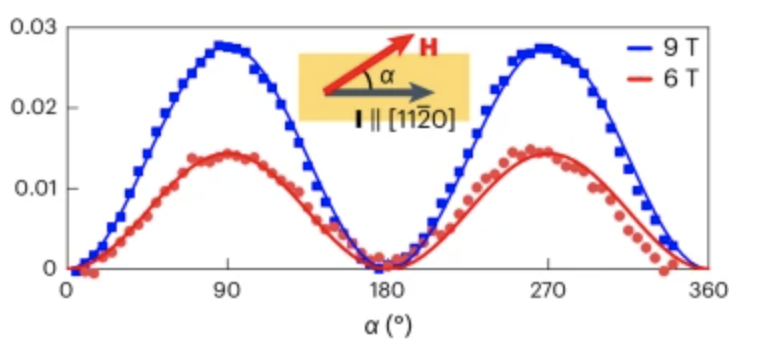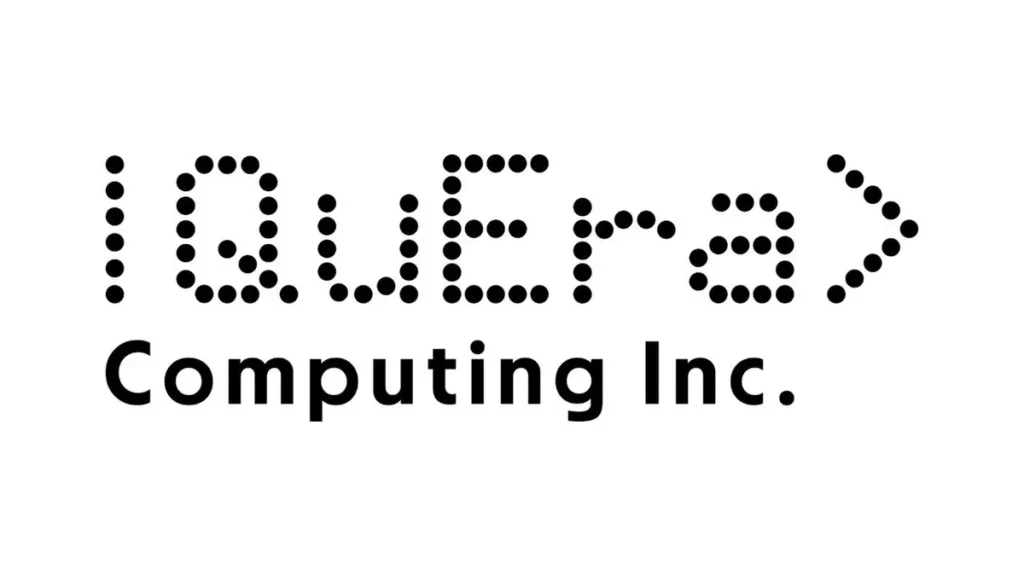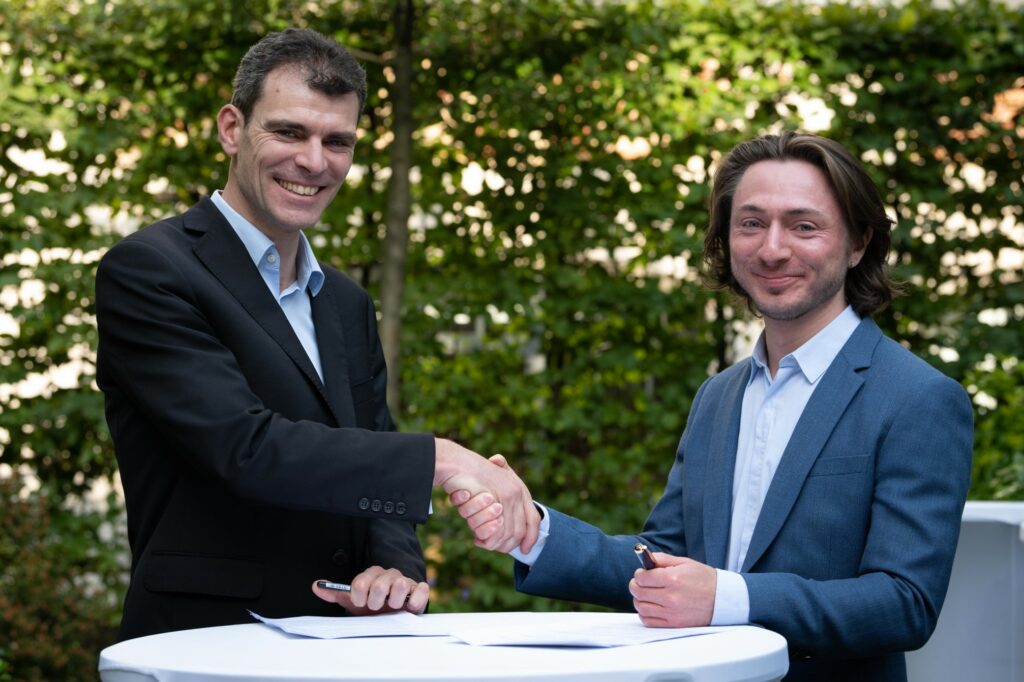Quantum Open Source Foundation offers the following announcement detailing the winner of the 2020 Wittek Quantum Prize for Open Source Software:
The technology landscape was significantly shaped by the open source movement in the last decades. Open source software decreases the cost of new innovative technologies and companies, as the common components of the technology stack do not need to be repeatedly reinvented. Nowadays, virtually all modern technology companies are built with and upon open source software.
Open source and open science movements are undeniably changing how science is conducted. From open-access community-driven journals to research-enabling open source software, the scientific community strives to make it easier to climb the proverbial shoulders of giants. The quantum computing community is no stranger to these trends, with its own open-access journal Quantum and dedicated open source software tools (such as Mitiq, Qiskit, PennyLane and dozens of others) to build research upon.
However, building a foundation with open source software is not easy. It often requires a different set of skills than pure research: building a community, writing technical documentation, maintaining software, ensuring stability through test development, updating the project to ensure compatibility with its dependencies, responding to issues, answering support questions and reviewing pull requests, and much more. This work is poorly captured by citation counts. It is critical groundwork for the quantum industry that is often not recognized proportionally to its impact.
In order to make our contribution towards rectifying that, QOSF partnered with the Unitary Fund to launch the Wittek Quantum Prize for Open Source Software. In November 2020, we issued a call for nominations and, over the course of the six-week nomination period, received more than 50 nominations across 40 nominees. Throughout three subsequent elimination rounds, the committee, formed of Unitary Fund’s Advisory Board, narrowed down the nominations to a shortlist of 7 unexpectedly strong candidates, from which the final winner was selected:
The 2020 Wittek Quantum Prize for Open Source Software is awarded to Roger Luo, doctoral student at University of Waterloo and Perimeter Institute, for his work on Yao.jl and its surrounding ecosystem in JuliaLang.
The software library Yao.jl, one of the fastest free quantum simulators available, is the most popular quantum computing framework in JuliaLang. Its surrounding ecosystem consists of more than 50 repositories under the umbrella of the Quantum-BFS organization and contains all the necessary components for a thriving quantum ecosystem: QuAlgorithmZoo.jl implements various popular quantum algorithms in Yao.jl, YaoCompiler.jl aims to compile Yao.jl code directly to various quantum hardware platforms, and the quantum-benchmarks suite compares the performance of various open source quantum simulators.
With over 3000 open source contributions across dozens of repositories, Roger embodies the spirit of the prize due to his relentless community building and maintenance work. Due to the popularity of the Yao ecosystem, the organization has already amassed several hundreds of issues and served as a foundation for over 15 academic publications. The Wittek Prize jury also highlighted how Roger has fostered collaboration with other open source projects like the Python library PyZX which was successfully ported to JuliaLang (ZXCalculus.jl) as part of a Unitary Fund microgrant. Lastly, Roger has contributed to the JuliaLang core language as well as mentored several students at Julia/Google Summer of Code focusing on developing more quantum physics-related software.
We’d like to thank everyone who participated in the process of selecting the winner of the 2020 Wittek Quantum Prize for Open Source Software – either through nominations, by promoting the prize on the social media, mailing lists and in their academic labs, and last but not least, the members of the jury for their hard work during the evaluation process.
If your nomination was not selected to be awarded the prize, please consider re-submitting the nomination for the 2021 edition.
For more market insights, check out our latest quantum computing news here.








